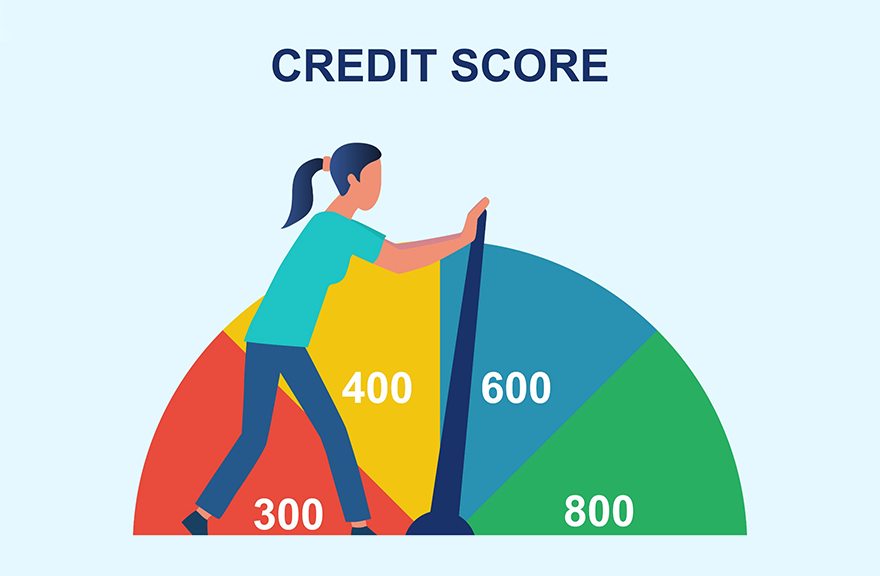What Does an 800 Credit Score Mean?
Preserving the history of the ancient city through architectural conservation efforts.
An 800 credit score is considered exceptional and demonstrates a high level of creditworthiness. Credit scores are numerical representations of an individual’s credit history and financial behavior. They are used by lenders, credit card companies, and other financial institutions to assess the risk of extending credit. Credit scores typically range from 300 to 850, with higher scores indicating better credit management and lower credit risk. An 800 credit score suggests that the individual has a long history of responsible credit behavior and is likely to repay debts as agreed.
Advantages of an 800 Credit Score
Having an 800 credit score comes with several advantages, making it one of the most desirable credit scores to achieve. Here are some of the significant advantages:
- Best Interest Rates
- Higher Credit Limits
- Easier Loan and Credit Approvals
- Better Negotiating Power
- Insurance Premiums
Premium Credit Card Offers
People with excellent credit scores often qualify for premium credit cards that offer exclusive rewards, cashback programs, travel benefits, and other valuable perks.
Potential Employment Benefits
While credit scores are not the primary factor in most hiring decisions, some employers may conduct credit checks for roles involving financial responsibility. A high credit score can reflect positively on a candidate’s financial integrity and enhance their chances of being hired.
How Rare is an 800 Credit Score?
An 800 credit score is relatively rare but achievable through responsible financial management. The distribution of credit scores can fluctuate over time, influenced by economic conditions, credit reporting practices, and consumer financial habits. Credit bureaus and financial institutions periodically release data on credit score distributions, providing insights into the credit health of the population. While the number of people with an 800 credit score might be relatively small compared to other credit score ranges, many individuals work toward improving their credit over time and aspire to achieve this elite credit status.
Tips to Achieve and Maintain an 800 Credit Score

Achieving and maintaining an 800 credit score requires disciplined financial habits and responsible credit management. Here are some tips to help individuals reach and preserve this elite credit score:
- Make consistent and timely payments.
- Keep Credit Card Utilization Low.
- Avoid Opening Unnecessary Credit Accounts.
- Regularly Check Your Credit Report.
- Keep Old Accounts Open.
- Avoid Bankruptcies.
- Limit Credit Card Applications.
- Manage Debt Responsibly.
Lastly, it’s important to monitor your credit regularly. You can use credit monitoring services or apps to keep track of changes in your credit score and receive alerts for potential issues.
The Long-Term Benefits of Having an Excellent Credit Score
Holding an excellent credit score, such as an 800 credit score, goes beyond immediate advantages and offers long-term benefits that can positively impact various aspects of your financial life. Here are some of the significant long-term benefits:
Access to Favorable Financing
With an 800 credit score, you have access to the best interest rates and loan terms. This can lead to substantial savings on mortgages, auto loans, and other credit products over the years.
Lower Insurance Premiums
Some insurers use credit scores to determine insurance premiums. A higher credit score may result in lower rates for auto and home insurance.
Financial Security
An excellent credit score opens doors to various financial opportunities, enabling you to secure loans, credit, and favorable terms when needed.
Easier Rental Applications
Landlords and property management companies often check credit scores when evaluating rental applications. A high credit score can make the rental application process smoother and increase your chances of approval.
Lower Security Deposits
Some utility providers and service companies use credit scores to assess the risk of providing their services to new customers. With an 800 credit score, you may be eligible for lower or waived security deposits for utilities such as electricity, gas, water, and telecommunications.




